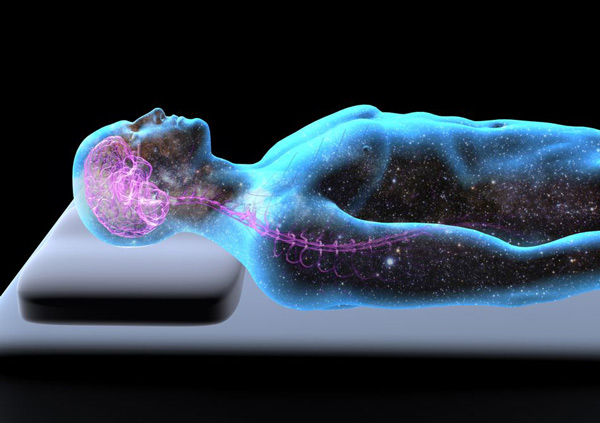When researchers in Sweden analyzed the brain scans and sleep patterns of more than 27,000 middle-aged and older adults they found people with poor sleep habits had brains that looked older than their actual age.
Study subjects with the worst sleep patterns had brains that appeared about one year older, on average, than their chronological age. Meanwhile, subjects with “moderately poor sleep” showed brains that were on average about seven months older.
While the study was conducted in Sweden, the study used subject data from the UK Biobank—a massive health database tracking hundreds of thousands of British adults long-term.
As stark as the findings are, the reality may be worse. That’s because the study population used in the UK Biobank tends to be better-educated, wealthier, and generally healthier than the general UK population. So, the researchers surmise that the true associations might be even stronger if a broader grouping was used—one that included all income and education levels.
The study conclusions fit with earlier findings that poor sleep was a risk factor for dementia and cognitive decline.
Study methodology
The Swedish researchers utilized advanced brain imaging along with machine learning to estimate brain age. The estimate was based on 1,079 different brain features and parameters.
To compare the measured data against sleep quality the research team created a sleep health score based on five key factors that scientists agree are key indicators of quality sleep:
• Being an early bird rather than a night owl
• Getting seven to eight hours of sleep per day
• Rarely experiencing insomnia
• Not snoring
• Not feeling excessively sleepy during the day
More than half of the study subjects fell into the intermediate category with two or three healthy sleep characteristics; 41% of participants had what researchers classified as healthy sleep, scoring four or five points out of five possible; 3% fit the poor sleep category with one or zero healthy habits.
The researchers found that for every single point decrease in the healthy sleep score, the gap between brain age and actual age grew by about half a year.
The sleep factors that had the strongest individual association with brain aging included: Night owl habits (officially termed late-night chronotypes); people with abnormal sleep duration; and people with a snoring problem.
Inflammation connection
Previous studies have linked poor sleep with chronic inflammation in the body, and the researchers cited the connection repeatedly in the new study.
With this in mind, inflammation was measured using four blood markers: C-reactive protein, white blood cell count, platelet count, and granulocyte-to-lymphocyte ratio.
Not surprisingly, the researchers found people with higher inflammation scores showed steeper increases in brain age.
More importantly, inflammation appeared to explain about 10% of the link between poor sleep and older-appearing brains.
“Poor sleep promotes low-grade inflammation throughout the body, which in turn may accelerate brain aging,” the researchers noted in the study summary.
The study was published in eBioMedicine (a division of The Lancet) in September 2025.
– – –
Support brain health with Opti-Brain from Optimal Health Systems. With a potent blend of dozens of nutrients, Opti-Brain provides the most powerful nootropic available. Click the banner ad on this page to learn more!
– – –
Sources: eBioMedicine/The Lancet, Wikipedia (Aging brain).


